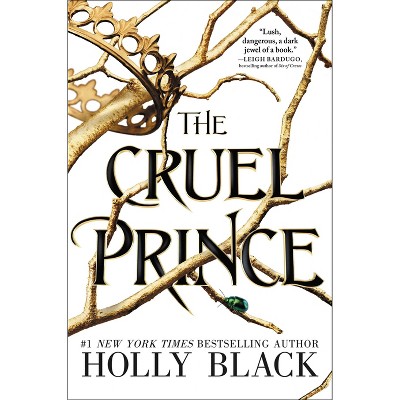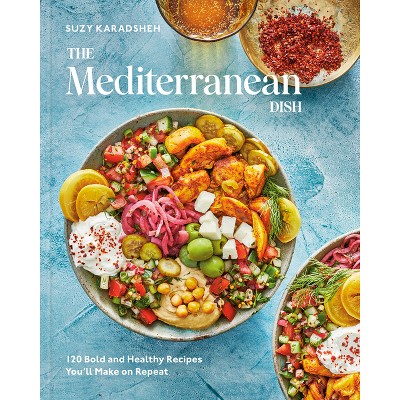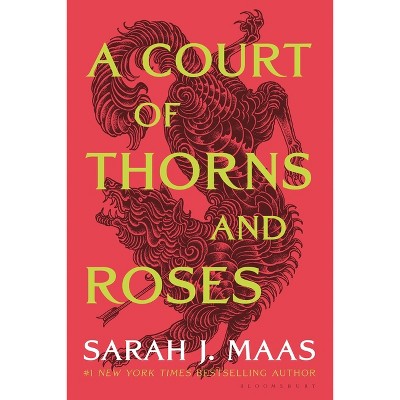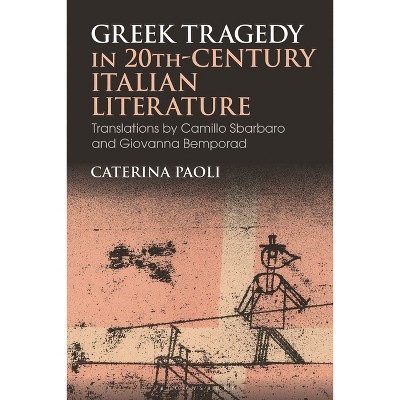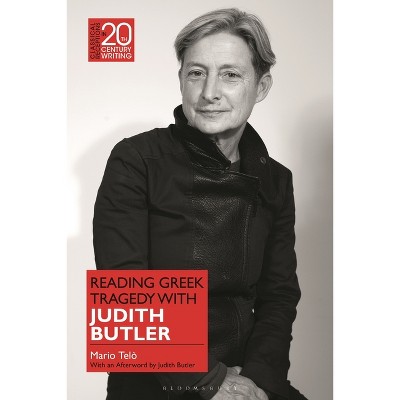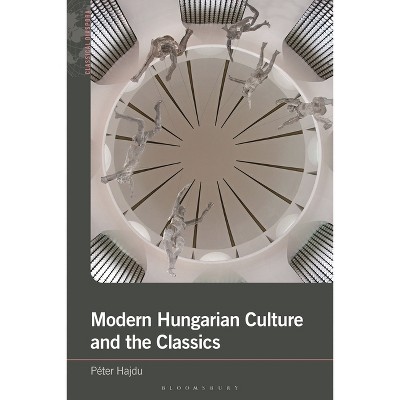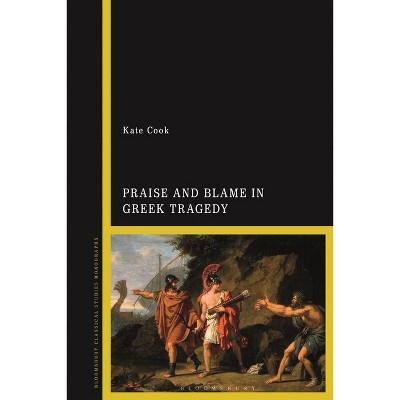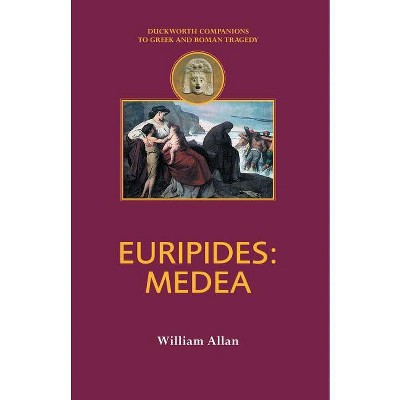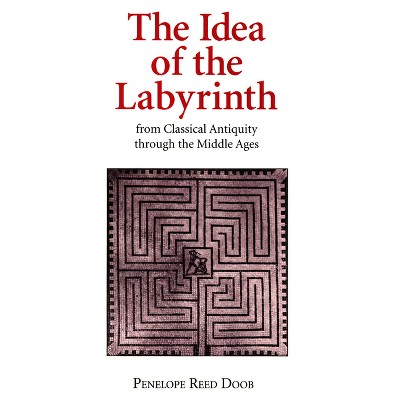Greek Tragedy and the Middle East - (Classical Diaspora) by Pauline Donizeau & Yassaman Khajehi & Daniela Potenza (Hardcover)

$120.00 when purchased online
Target Online store #3991
About this item
Highlights
- Employing the idea of interculturality to study Middle Eastern adaptations of Greek tragedy from the turn of 20th century until the present day, this book first explores the earlier phase of the development of Greek classical reception in Middle Eastern theatre.
- About the Author: Pauline Donizeau is Lecturer in Theatre Studies at the Lumière University Lyon 2, France.
- 240 Pages
- Drama, Ancient & Classical
- Series Name: Classical Diaspora
Description
About the Book
This book explores Middle-Eastern adaptations of Greek tragedy in Europe and the Middle East from the turn of the 20th century until the present day.Book Synopsis
Employing the idea of interculturality to study Middle Eastern adaptations of Greek tragedy from the turn of 20th century until the present day, this book first explores the earlier phase of the development of Greek classical reception in Middle Eastern theatre. It then moves to focus on modern Arabic, Persian and Turkish adaptations of Greek tragedy both in the early post-colonial and contemporary periods in the MENA and in Europe. Case by case, this book examines how the classical sources are reworked and adapted, as well as how they engage with interculturality, hybridisation and the circulation of aesthetics and models. At the same time, it explores the implications and consequences of expressing socio-political concerns through classical Greek sources.While Muslim thinkers and translators introduced Greek philosophy - in particular Aristotle's Poetics - to the West in the Middle Ages, adaptations of Greek tragedies only appeared in the MENA region at the very beginning of the 20th century. For this reason, the development of Greek tragedy in the Middle East is difficult to disentangle from colonialism and cultural imperialism. Encompassing language differences and offering for the first time a broad approach on the Middle-Eastern reception of Greek tragedy, this book produces a renewed focus on a fascinating aspect of the classical tradition.
Review Quotes
This book brings new dimensions to the investigation and understanding of the creative forces, cultural politics and scholarship associated with Greek Tragedy in the Middle East and North Africa. It testifies to the rich potential of cross-cultural and cross-disciplinary collaboration between researchers and teachers, and provides thought-provoking reading for scholars and students.
About the Author
Pauline Donizeau is Lecturer in Theatre Studies at the Lumière University Lyon 2, France.
Yassaman Khajehi is Lecturer in Theatre Studies at Clermont Auvergne University, France. Daniela Potenza is a Researcher in Arabic Literature at Messina University, Italy.Dimensions (Overall): 9.21 Inches (H) x 6.14 Inches (W) x .56 Inches (D)
Weight: 1.11 Pounds
Suggested Age: 22 Years and Up
Number of Pages: 240
Genre: Drama
Sub-Genre: Ancient & Classical
Series Title: Classical Diaspora
Publisher: Bloomsbury Publishing PLC
Format: Hardcover
Author: Pauline Donizeau & Yassaman Khajehi & Daniela Potenza
Language: English
Street Date: April 4, 2024
TCIN: 94198523
UPC: 9781350355699
Item Number (DPCI): 247-38-3798
Origin: Made in the USA or Imported
If the item details above aren’t accurate or complete, we want to know about it.
Shipping details
Estimated ship dimensions: 0.56 inches length x 6.14 inches width x 9.21 inches height
Estimated ship weight: 1.11 pounds
We regret that this item cannot be shipped to PO Boxes.
This item cannot be shipped to the following locations: American Samoa (see also separate entry under AS), Guam (see also separate entry under GU), Northern Mariana Islands, Puerto Rico (see also separate entry under PR), United States Minor Outlying Islands, Virgin Islands, U.S., APO/FPO
Return details
This item can be returned to any Target store or Target.com.
This item must be returned within 90 days of the date it was purchased in store, shipped, delivered by a Shipt shopper, or made ready for pickup.
See the return policy for complete information.
